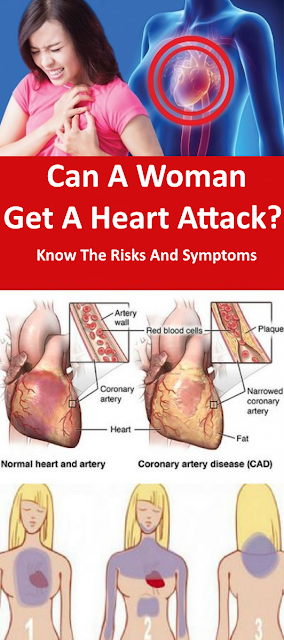Worldwide Heart disease continues to be the number 1 killer in adult women. Though coronary artery disease affects both men and women, broken heart syndrome and coronary microvascular disease are seen primarily in women.
They say behind every successful person there is a women. As we celebrated motherhood on "Mother's day", it now time to take a minute to talk about the condition that is the number one reason for death in women - Heart Disease.
Worldwide Heart disease continues to be the number 1 killer in adult women. Though coronary artery disease affects both men and women, broken heart syndrome and coronary microvascular disease are seen primarily in women. Fortunately, women can take steps to understand their unique symptoms of heart disease and to begin to reduce their risk.
Risk Factors for Heart Disease in Women
The traditional risk factors of high blood pressure, high cholesterol remain same for men and women, but some factors play bigger role in women:
- Diabetes - Diabetes plays a bigger role in causing heart disease and blockages compared to men.
- Depression and stress - Mental illness affects the hearts of women more than men. Furthermore women often have atypical symptoms of heart disease that are often overlooked with underlying mental illnesses.
- Smoking - Compared to men this is a bigger risk factor in women.
- Menopause - After menopause there are hormonal changes that increase the risk of heart disease, specially the smaller blood vessels, called microvascular disease.
- Pregnancy - high blood pressure and diabetes during pregnancy can increase the risk of these conditions in the future. In very rare cases, the stress of pregnancy can cause the heart muscle to weaken - a condition called "peri-partum" cardiomyopathy.
- Broken Heart Syndrome - The condition is precipitated after a stressful condition, death of a close relative, sudden bad news etc. This causes the heart muscles to weaken causing heart failure. The condition is often seen after menopause and there are no blockages in the blood vessels. This conition is medically called "Takasubo Cardiomyopathy" or "Apical Ballooning Syndrome" or "Stress Cardiomyopathy".
Symptoms of Heart disease
Compared to men, women tend to have more atypical and subtel symptoms of heart disease that are often ignored. This is because women tend to have blockages not only in the bigger main vessels but also in the smaller vessels called coronary Microvascular disease.
Although many women will have the classic crushing chest pain, which is often thought of as the hallmark sign of a heart attack, at least one-third of women will have atypical symptoms or no symptoms at all.
- Unusual or extreme tiredness
- Feeling dizzy or lightheaded
- Upper body discomfort or indigestion (back pain, jaw pain without any chest pain or pressure)
- Sweating
- Nausea or vomiting
- Palpitations
- Trouble sleeping
- Sudden anxiety or confusion
It is important that if you or your loved one, is having any of the above symptoms we just talked about, then you should urgently seek consultation from your cardiologist.
